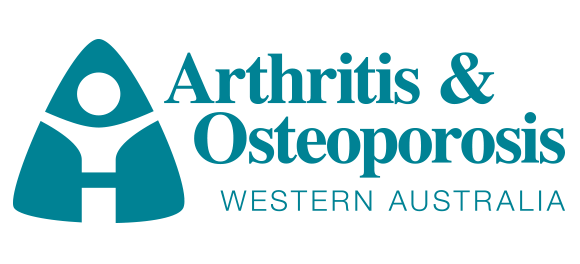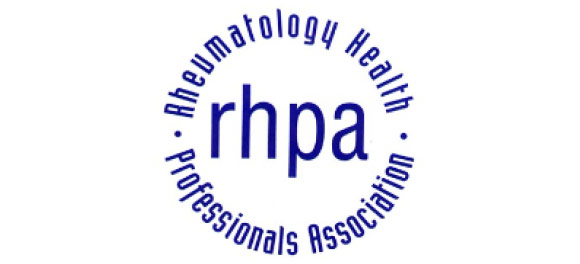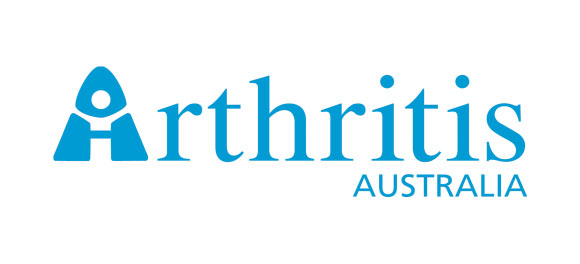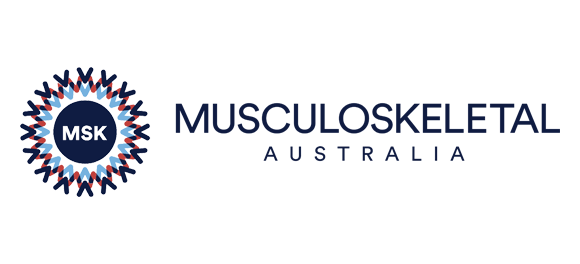AboutFind out more about RAP-eL
Aim
RAP-eL has been developed to provide practising physiotherapists, physiotherapy students and students of other disciplines with essential disease-specific knowledge and practical clinical practice strategies to help optimally co-manage people with rheumatoid arthritis (RA).
RAP-eL focuses on supporting knowledge (i.e. ‘knowing what to do’) and practice (i.e. ‘delivering care in practice’). Although RAP-eL focuses on rheumatoid arthritis as the clinical practice example, the resource can be used more generally as a tool to build knowledge and skills in person-centred management for chronic health conditions.
We know from our earlier research that physiotherapists and trainees lack confidence in their disease-specific knowledge and clinical skills in best-practice management of RA. RAP-eL been developed to close those evidence-practice gaps.
RAP-eL is based around a series of e-learning modules intended to assist both physiotherapists in their clinical practice and students in their clinical training who may encounter patients with RA.
RAP-eL works, as evidenced by the results from our randomised controlled trial among practising physiotherapists and from implementation research among physiotherapy and medical students. RAP-eL is used worldwide as a resource for health professionals to improve their knowledge and skills in RA care.
Testimonial
Project background
Development and funding
RAP-eL has been developed by an interdisciplinary team and based on a research framework. Funding to develop this resource has been provided by the School of Physiotherapy and Exercise Science, Curtin University, Perth, Western Australia; Arthritis and Osteoporosis WA and the Department of Health (Government of Western Australia).
The specific topics selected for inclusion were derived from a Delphi consensus, review of clinical practice guidelines and a professional development needs survey among physiotherapists working in Western Australia.
RAP-eL aligns with WA health policies, including the WA Inflammatory Arthritis Model of Care and the WA Chronic Health Conditions Framework.
Content
The content covers important aspects of the pathology of rheumatoid arthritis itself and of management principles, with a focus on non-pharmacologic care. It provides:
- Evidence-based information
- Experiences shared by people with rheumatoid arthritis
- Assessment and management skills for rheumatoid arthritis
- Clinically relevant examples
RAP-eL consists of four modules and two case studies. There are many additional available resources that support the content for you to access. Importantly, the modules are not intended to be a comprehensive curriculum for rheumatoid arthritis and completion of these modules does not necessarily imply clinical competence in this area.
Website features
It is best to undertake the modules in sequential order but you can navigate between them in any direction.
Embedded videos highlight particular experiences from those with rheumatoid arthritis.
Additional resources can be accessed via a bibliography at the end of each module and via the resources box on the right of the screen.
Case studies contain two clinical vignettes with accompanying quizzes to test your knowledge.
Our core contributors

Physiotherapist and Professor, School of Physiotherapy and Exercise Science, Curtin University. Andrew was project lead for RAP-eL and contributed to the development of the content and evaluation of the website.

Musculoskeletal Physiotherapist and Senior Lecturer, School of Physiotherapy and Exercise Science, Curtin University. Robyn contributed to the development of the content and evaluation of the website.

PhD Candidate, Centre for Musculoskeletal Outcomes Research, Dunedin School of Medicine, University of Otago, New Zealand. Jason provided support to the team across the various stages of the content and website development.
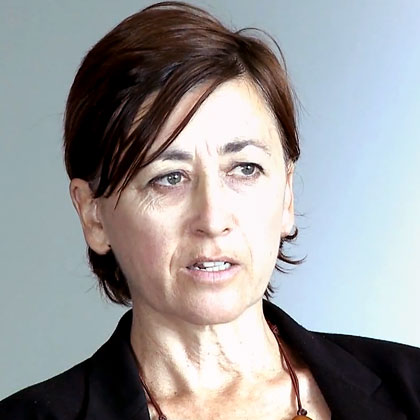
Professor, School of Physiotherapy and Exercise Science, Curtin University and Specialist Musculoskeletal Physiotherapist. Helen contributed to the development of the content and evaluation of the website.

Independent Filmmaker and Photographer. Julia contributed towards the collection and production of audiovisual content for the website.

Lecturer, School of Physiotherapy and Exercise Science, Curtin University; Director, Perth Hand and Wrist Rehabilitation. Sonia contributed towards the development of the website content.

Consultant Rheumatologist, Tan Tok Seng Hospital, Singapore, and Assistant Professor, Lee Kong Chian School of Medicine, Nangyang Technological University, Singapore, contributed to the development of the medical management content.

Carly is a musculoskeletal physiotherapist who has contributed to the updating and evaluation of the website content.

Senior physiotherapist and APA Pain Physiotherapist, Pain Options. Jennie contributed to revising and updating the website content.

Freelance Lead Experience Designer at squawk designs based in Perth, Western Australia.


